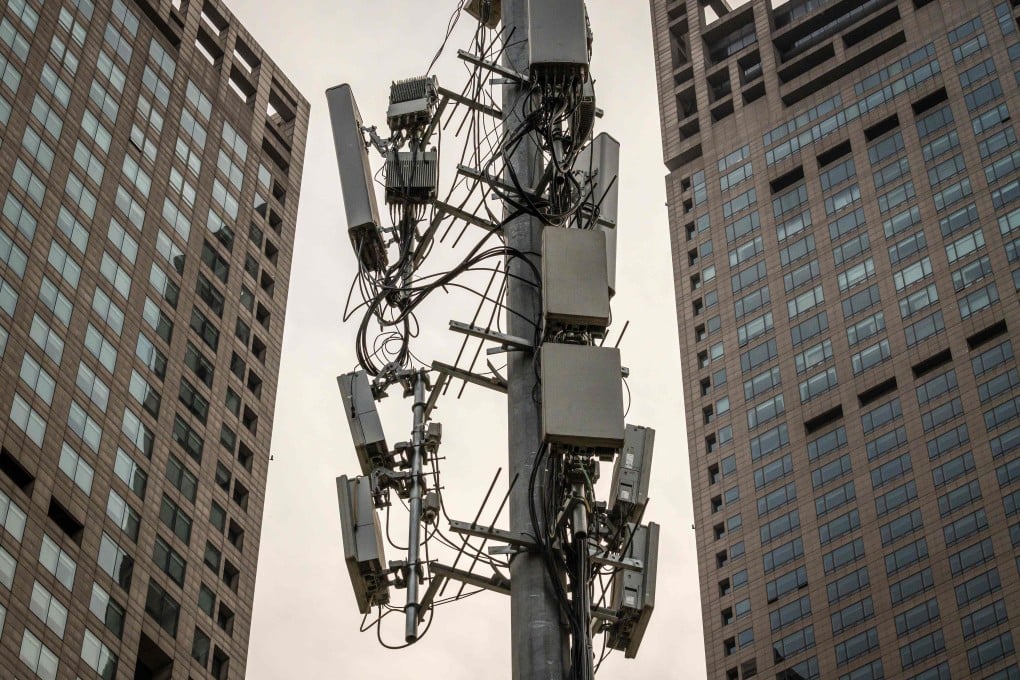Huawei wins 60 per cent of China Mobile’s 5G network in show of confidence for beleaguered telecoms equipment maker
- Huawei and ZTE together won roughly 90 per cent of 5G base station supply contracts for China Mobile and China Broadcasting Network despite US sanctions
- Ericsson and Nokia were awarded small slivers of the network build-outs, signalling continuing challenges for foreign telecoms equipment suppliers in China

Huawei won out over rivals ZTE, Ericsson China and Nokia Shanghai Bell, despite quoting higher equipment prices than all of them. The company snapped up the majority of three different contracts for separate regions of China, taking 61 per cent, 59 per cent and 58 per cent, according to the results released by China Mobile on Sunday. The contracts could be worth as much as 38.35 billion yuan (US$6 billion) in revenue for Huawei.
China Mobile‘s willingness to spend more money on Huawei equipment shows how much the tech giant is still favoured by state-backed telecoms operators, despite the challenges it faces securing chips in the face of US sanctions. Fellow Shenzhen equipment maker ZTE, also hit by US sanctions, was awarded the second-largest portions, with 33.5 per cent, 30 per cent and 29 per cent of the contracts.
The results also reflect the difficulty foreign firms face as they try to make headway in China’s telecoms market, even as state officials in the country criticise the US for warning other countries over the use of Huawei hardware based on national security concerns.
Ericsson, which received 9.6 per cent of one of the China Mobile offers, has seen its sales plunge in the country, contributing to its first revenue decline in three years in the second quarter. Nokia Shanghai Bell, a joint venture, also secured about 10 per cent of one of the offers.

01:36
Chinese engineers from Huawei, China Mobile build world’s highest 5G base station on Mount Everest